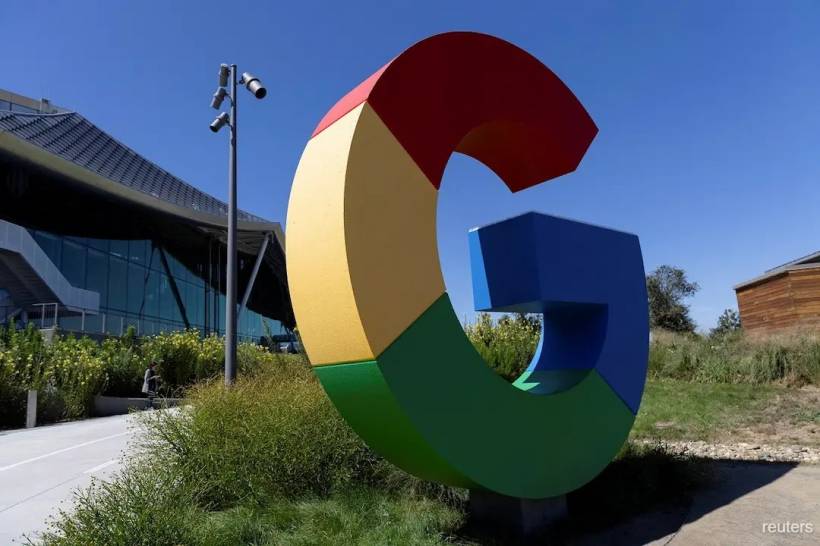Facing intense regulatory scrutiny, Alphabet's Google is striving to influence public opinion and AI-related policies as global regulations loom. A top priority, according to an executive speaking to Reuters, is expanding educational programs to equip the workforce with AI skills.
Alphabet's Google, already under intense regulatory pressure, is working to influence public perception and policy surrounding artificial intelligence (AI) as a wave of global regulations approaches. A key focus, according to an executive speaking to Reuters, is expanding educational initiatives to equip workers with AI skills. Kent Walker, Alphabet's president of global affairs, emphasized the importance of familiarizing governments, organizations, and individuals with AI tools, stating that broader adoption leads to better policies and unlocks new opportunities in what he described as a "virtuous cycle."
As Google competes with major tech rivals like Microsoft-backed OpenAI and Meta in the AI race, it remains acutely aware of regulatory scrutiny over its core businesses, including advertising and search. In the European Union, Google has reportedly offered to divest part of its ad tech business to satisfy regulators, while in the U.S., the Justice Department is pursuing actions that could result in the breakup of its Chrome browser—though regulatory approaches may shift under the administration of President Donald Trump. Simultaneously, governments around the world are drafting new AI-related regulations, addressing concerns such as copyright and privacy. The EU AI Act, which aims to assess risks and enforce disclosure requirements for general-purpose AI systems, has faced resistance from tech companies fearing significant financial penalties.
U.S. regulators have also sought to limit Google's AI expansion, citing antitrust concerns in a federal case that ruled its search business an illegal monopoly. Despite these challenges, Google executives see an opportunity to shape the narrative around AI, particularly as concerns about job displacement grow. In response, Google CEO Sundar Pichai announced a $120 million investment to support AI education initiatives. Executives, including Walker and Chief Investment Officer Ruth Porat, have been actively engaging with governments worldwide to discuss policy frameworks.
"There's significant potential to assist individuals who may be displaced by AI," Walker said, underscoring the company's commitment to workforce development. Google is expanding its Grow with Google platform, which offers training in fields such as data analysis and IT support. The initiative has already issued one million certificates, with new AI-focused courses, including specialized training for educators, being introduced, according to program lead Lisa Gevelber. However, Walker stressed that education alone is insufficient. "What truly matters is providing credentials that workers can leverage when applying for jobs," he noted.
Google is also looking to experiment with public-private partnerships to enhance workforce readiness. One notable initiative, the Skilled Trades and Readiness program, partners with community colleges to train individuals for jobs related to data center construction, now incorporating AI education into its curriculum. Walker expressed confidence that government agencies would evaluate these pilot programs to identify successful models. "Our role is to help nurture these initiatives and support their growth," he said.
Looking ahead, Walker believes that while AI may completely replace only a small fraction of existing jobs, it will likely integrate into most roles in some capacity, based on studies commissioned by Google, Goldman Sachs, and McKinsey. To better understand AI's workforce impact, Google has brought on economist David Autor as a visiting fellow. Autor highlighted the potential of AI-driven immersive training programs, comparing them to flight simulators and noting the challenges of traditional adult retraining methods.
"The history of adult retraining hasn't been particularly successful," Autor remarked. "Most adults are reluctant to return to classroom learning, so innovative approaches will be essential."
